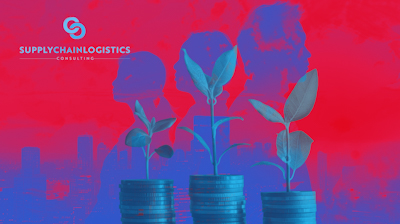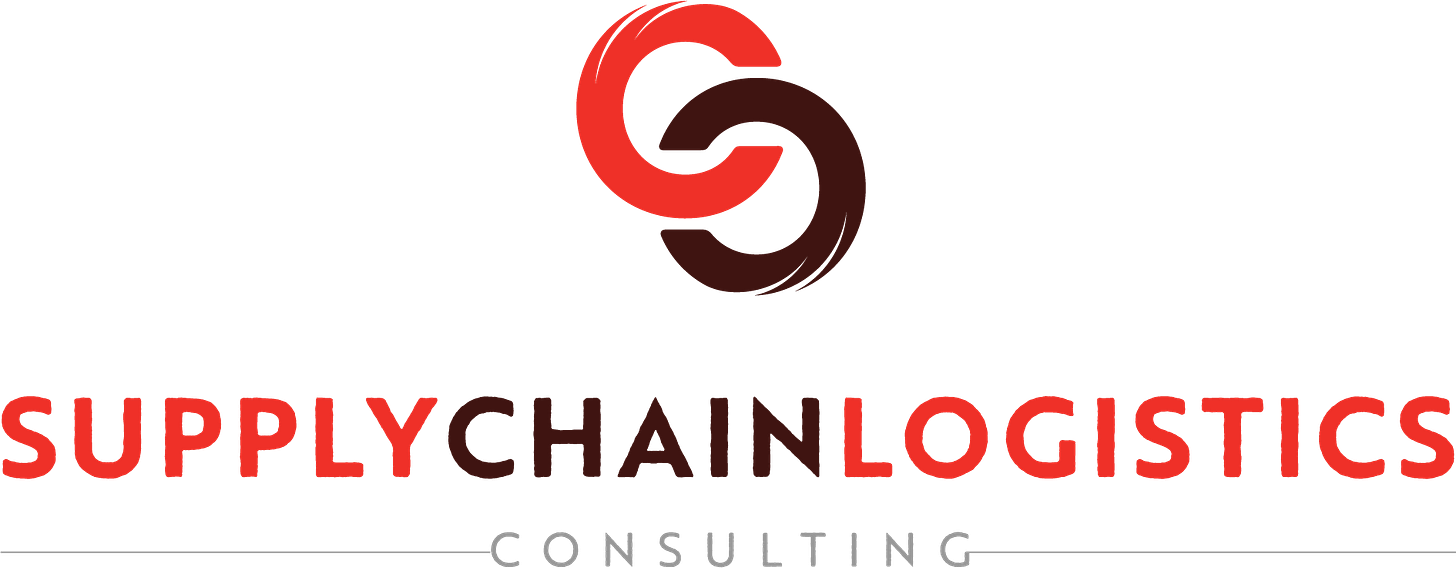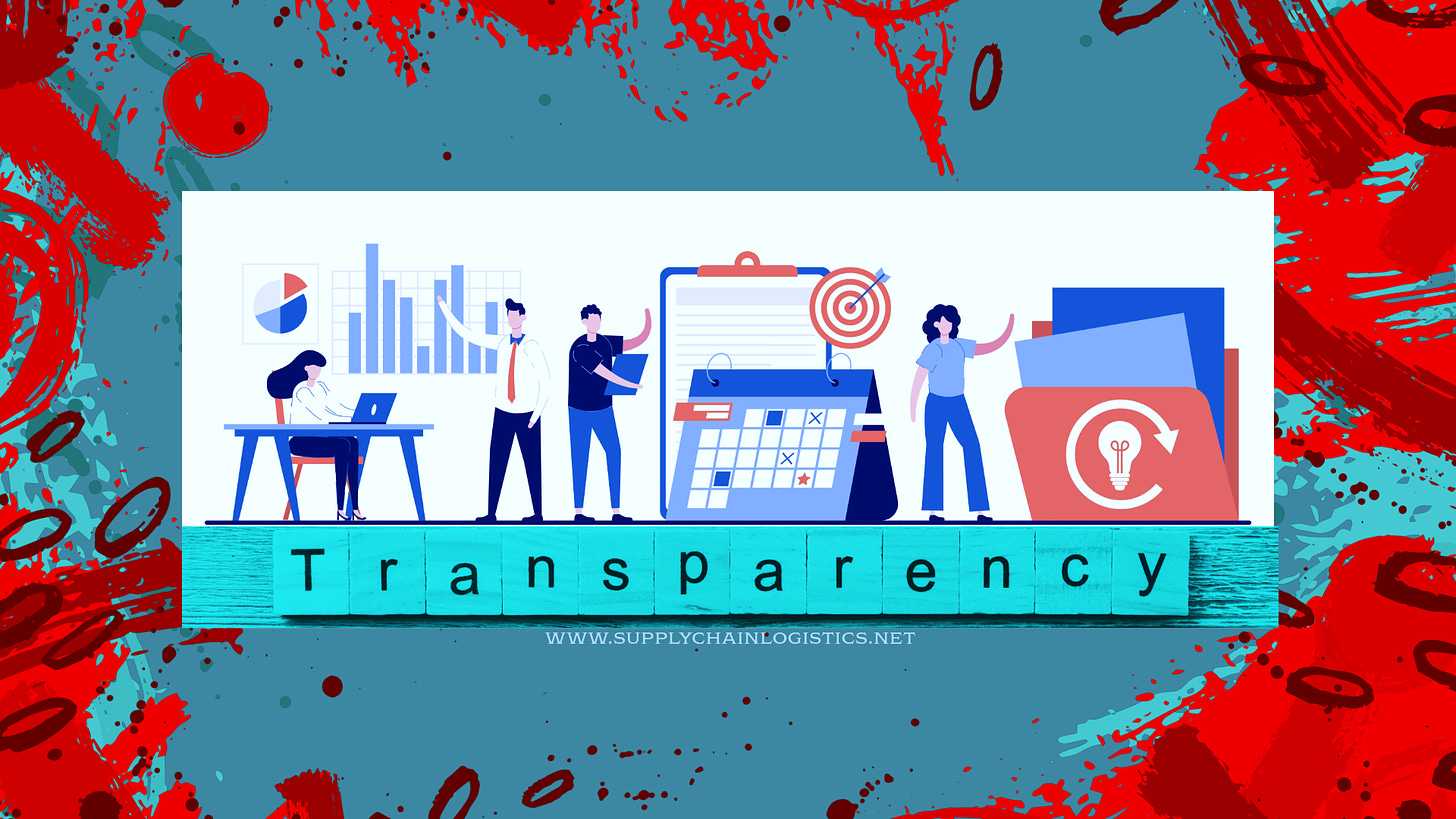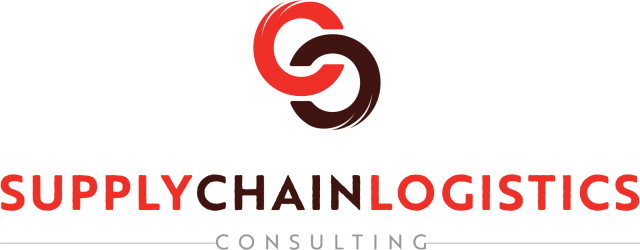Exploring Political Risk & Business. Understanding the Issues and Development of Mitigation Strategies.
Political Risk & Business
An introduction to the various types of international political, legal, and economic systems. Specifically, this paper focuses on political instability and the common economic manifestations of such on international business along with suggested risk mitigation strategies. Furthermore, a case example is provided featuring Total, a large French oil and gas company with international business operations.
➢ Proposed International Business Strategies for Mitigation of Political Risk
The three main methods of managing political risk are: • Adaptation, • Information Gathering, and • Political Influence. (Wild, J. J., Wild, K. L., 20180110, p. 422)
In essence, spending on modern localized political influence should be perceived as having an ethical corporate social responsibility strategy within a healthy and transparent economic climate. Whenever there is a prerogative to uphold ethical integrity and adhere to values which promote life and eliminate corruption, businesses are obliged to invest in the communities that they operate within. Bribery, theft, extortion, slavery, child labour and other corner cutting methods are exposed quickly in a rapidly expanding digital global economy where information is readily available. Long term growth means responsible growth and the best way to maintain a position of leadership internationally is to offer the communities where businesses hope to operate a better quality of life than what they are currently facing, potentially under a corrupt political system offering only dysfunctional economic servitude for the masses. Large NGO’s carry more economic heft than many small national governments do and yet leadership must respect the autonomy and local cultures of other nations by ‘buying in’ with CSR to create positive localized change. Expansion of the IOT ensures that businesses who don’t provide some form of equanimity within the regions where they operate will see an increase in widely broadcasted negative repercussions and a rapidly worsening reputation on the international playing field.
An Introduction to Systems
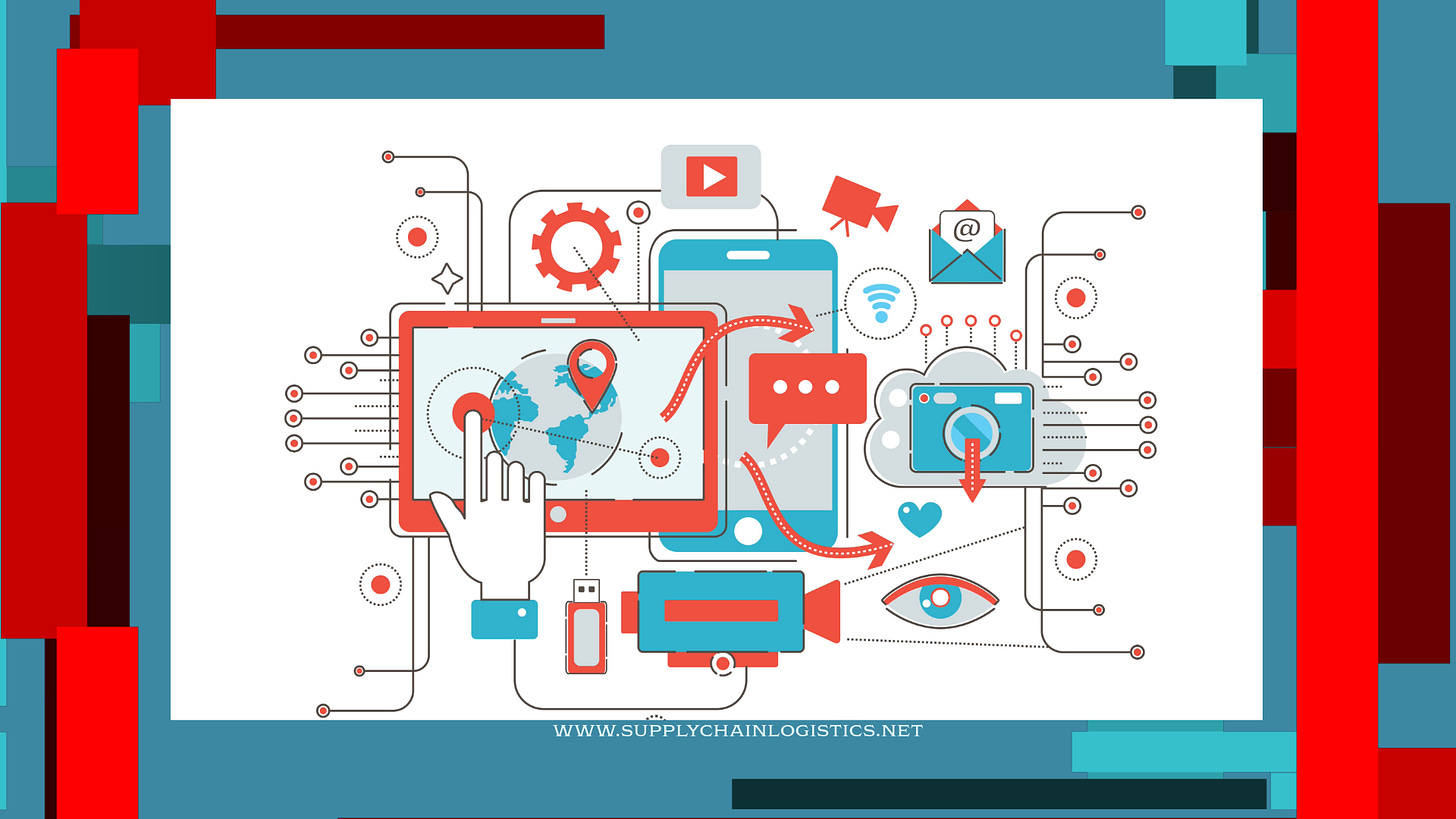
“A country’s political system inspires and endorses its legal system, and its legal system legitimizes and supports its political system.” (Wild, J. J., Wild, K. L., 20180110)
➢ Political Systems
Political systems differ by the extent of their engagement with the population in enforcing individual behaviors which can be viewed collectively and the level of asset management or ‘ownership’ they hold over the nation’s business economy. These systems may or may not be inextricably linked with religious systems and it can be an overt act by political and legal systems which defines the extent of the power held by the ‘church’ in matters of state.
➢ Legal Systems
➢ The Three Types of Economies
Type 1: Centrally Planned Economies
Centrally planned economies are state-run and the balance of financial ownership rests firmly in the control of government. The extreme central government is 100% public ownership where government controls all granularity in the sourcing, production, and distribution of everything consumers would normally purchase. The economic balance of supply and demand would be a matter of government forecasting accuracy where predictions have a direct effect on the quality of life available at any time to the entire population.
Type 2: Mixed Economies
Mixed economies are a blend of government run enterprises and investments with private ownership and private investment. There are some roles such as developing critical infrastructure which make mixed economies and centrally planned economies better equipped to develop and mobilize national resources. The checks and balances of an active private sector may act as a balancing control for too much or too little public investment. Mixed economies can enable domestic production and international trade to fluctuate when environmental factors rapidly shift, unhindered by heavy governmental controls.
Type 3: Pure Market Economies
Pure market economies are capitalist with all financial equity held by the private sector as there would be no public sector. The state of government, if it exists, would be arbitrary in business and financial support of public systems relegated to voluntarily. With no taxation, government would be reliant on solely private investment and financial markets would be totally unregulated.
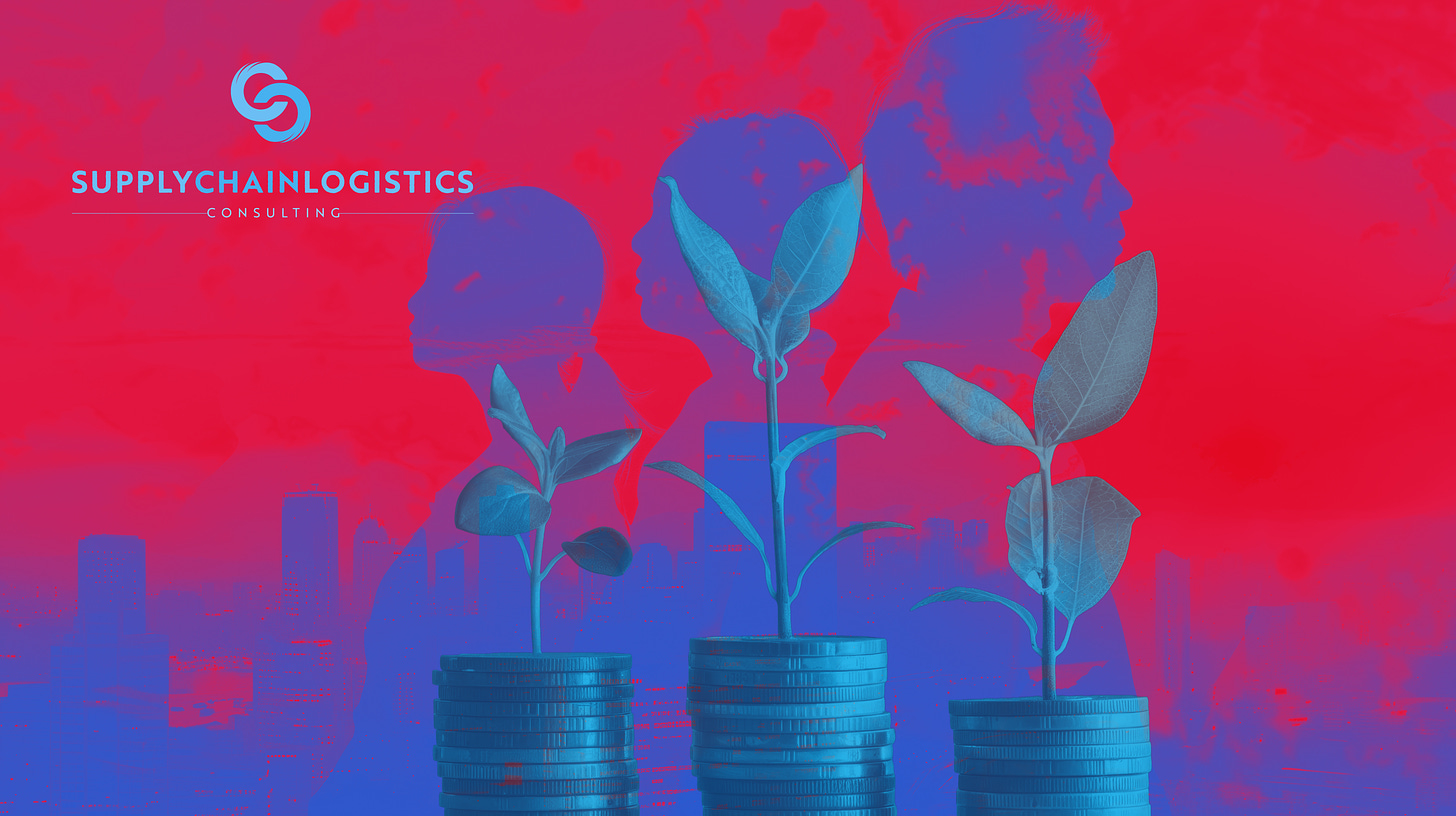
➢ Corporate Social Responsibility
Ethics are relevant to international business because of the longevity of relationships required to uphold successful production and deliver sustainable solutions to an increasingly aware consumer base. The globalized business environment is increasingly transparent, and the internet of things (IOT) has made information available to nearly everyone on the planet in real time. The entire value chain remains connected to the finished product with verification of a products origins and the production methods used easier to discover. It is clear the importance companies place on CSR programs is relevant for successful navigation of an international globalized economy where transparency is prioritized. Corporate social responsibility is a key to securing long term financial success in business.
Exploring the Issues
➢ Economic Development and Economic Transition
Economic development is a stage of growth for nations where currencies are increasingly stabilized, and the purchasing parity of individuals expands over the collective population. Key economic development indicators are a progressively increasing GDP in conjunction with increases in the amount of goods exported. Indications of an economic transition is an increase in the technical quality of the exported goods as investments in manufacturing and production lead to greater consistency for production and make allowance for increasing innovation. As a nation’s wealth grows, so too must the balance of wealth be distributed for enhancement of a healthy and robust middle-class. Without the creation of a middle class, impoverished and unwell populations oppressed by the profiteering politicians will initiate civil upheaval and often topples the national economic systems stability along with its political one.
These cycles are predictable to a certain degree and have a cyclical nature in the rise and fall of many developing or developed countries and nations throughout history. A predicative indicator of revolutionary outcomes which may lead to worsening or better conditions for the population would be the presence and amount of corruption inherent in any newly forming system of governance. As you can see, there are more facets of economic development than simply a nations GDP and financial metrics. Meaningfully improving the lives of the citizens and creating long term positive momentum requires more measurements and the United Nations Human Development Index ratings have been applied to provide the global community with a better perspective and insight into the actual success of national governance as it relates to improving the lives of people.
➢ Common Issues of Economic Development and Transition
Shortage of capital is an issue due to the lack of investment from the private sector in developing the critical infrastructure which enables business operations. Cultural differences occur because the collective mindset is lagging and used to performing in a managed system with little need to constantly seek improvements in quality, aggressively drive cost savings and innovate for sustainable production over the long term. The switch to a competitive system which has a requirement for businesses to monitor the environment for risk, continue to invest in innovation, and to remain aware of new disruptive technologies which may dramatically change their industry.
Sustainability also suffers and is slow to improve within transitional economies due to a lack of interest in ensuring long term communal wellbeing of the populace over short term opportunities to earn a profit. This is attributable to lack of education and equity in developing economies and is also apparent in transitioning economies switching to new financial systems where more capital benefit is with businesses willing to take advantage of lagging regulatory oversight and an uneducated or uncaring consumer base.
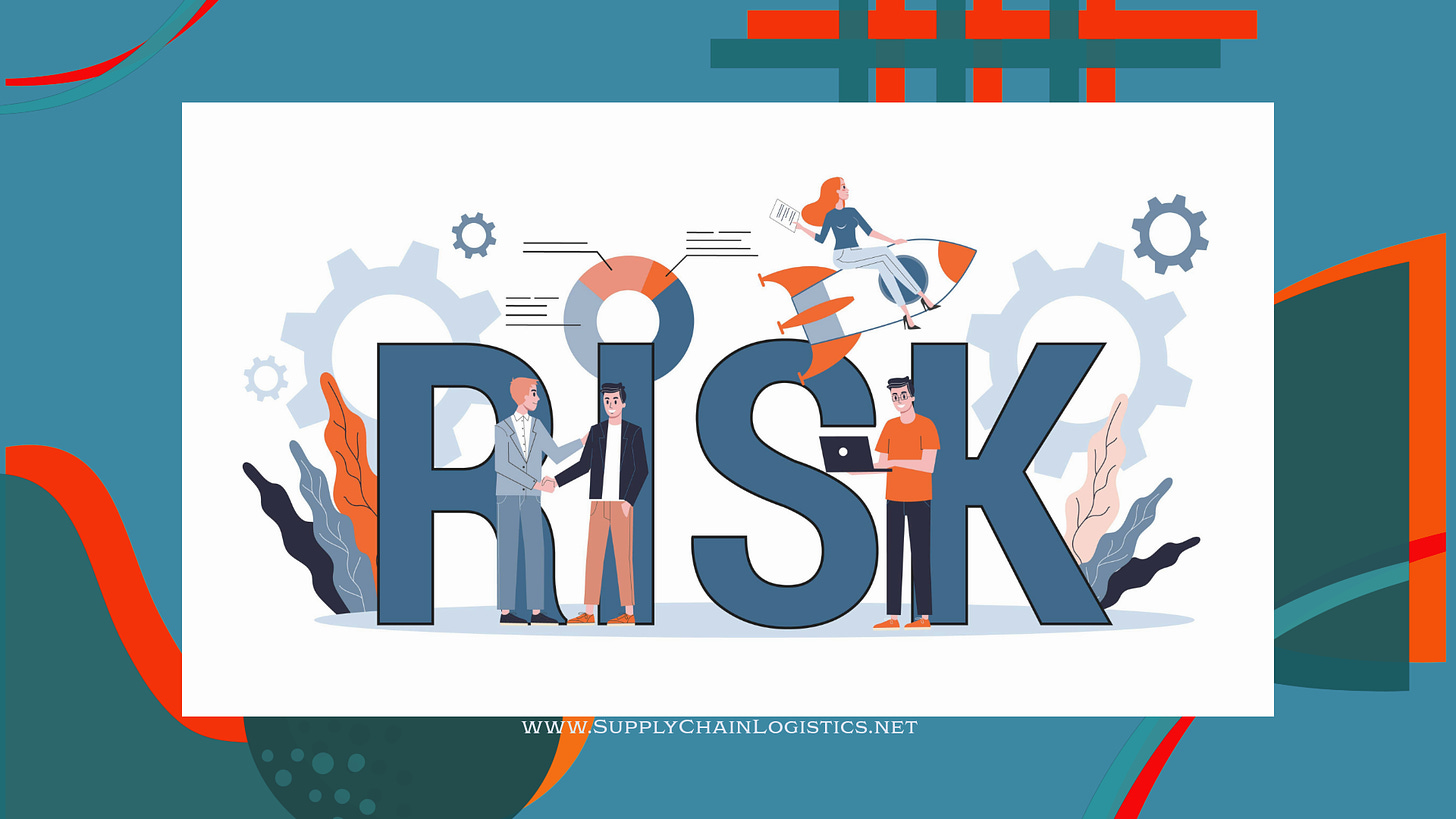
Sample Case: Total
Analysis & Supporting Evidence
This example is covered in greater detail within the ‘UN Global Compact Report, Business Against Corruption: Case Stories and Examples’ and can be found on page 64; 2A.III Case story: The corporate ethics framework – A road to fighting corruption, by Richard Lanaud* | Total
➢ When Political Risk is Present.
Total is a French oil and gas production company and the largest company listed on the Paris Bourse. (The UN Global Compact, 2006). The identification of potential political corruption, essentially the absorption of financial revenue by government in countries which this business will operate, was identified, and addressed by the political and international bodies in a regulatory framework following OECD standards, incorporated into EU regulations and French legislation. France also underwent a third-party investigation by the OECD commission (CIME) reviewing compliance of domestic laws with the OECD recommendations. Total was an active participant in the review. (The UN Global Compact, 2006)
“Making our position clear Right from the start, Total decided to take a forceful stand on corruption and to make that stand very clear to employees, partners, and the general public by publishing a Code of Conduct and setting up an Ethics Committee to coordinate communication and compliance.” (The UN Global Compact, 2006)
Total is operating in a hyper competitive industry with projects spending hundreds of millions of dollars and spanning decades. The first step was identifying the risks which for Total, appeared in three main areas. 1. Bribery when securing new business. 2. and 3. Marketing, namely the risk of misrepresentation when structuring deals which could include pricing irregularities and kickbacks.
➢ Mitigating the International Effects of Political Risk
Total ensured they approached elimination of corruption at the local level by deliberately reducing the risk of political injustice within their international business ventures. They approached this by formulating a Corporate Ethics Team to identify specific issues and working directly with regional subsidiaries. The corporation prioritized the creation of a Code of Conduct and an Ethics Committee. Leadership commitment is essential to anti-corruption measures and all programs must be fully supported by the Senior Executive team for the initiatives and policies to carry weight and meaning, communicated broadly in a definitive manner.
“Total rejects bribery and corruption in all forms, whether public or private, active or passive. (…) In particular, Total will not resort to bribery or corruption in order to obtain or retain business or other improper advantage in the conduct of international business, as outlined in the OECD Convention on Combating Bribery of Foreign Public Officials.” (The UN Global Compact, 2006, p. 62)
‘De-risking’ international business environments requires a sustainable and measurable lasting effort by organizations. The globalized economy holds many competing forces which push positive action backwards. Aggressively supporting initiatives like Fairtrade International (Fairtrade International, n.d.) which bring transparency into industrial value chains of supply, labour and production, offer a lasting benefit to everyone. The businesses who do, create sustainable and scalable solutions that are more stable and self-sustaining than those rife with corruption or that only place value on short-term objectives.
Fairtrade International: About Fairtrade Fairtrade is the most recognized and trusted sustainability label in the world. We are a global organization that is co-owned by more than 1.8 million farmers and workers who earn fairer prices, build stronger communities, and have control over their futures. (Fairtrade International, n.d.)
In Conclusion…
It is recommended that international companies operating globally attempt to create stability in politically volatile environments with effective risk mitigation measures. Such measures include engagement and investment in building the right environment with local community investment and communicating the benefit to regional authorities and populations. Strategies which have had some success include the use of objective transparency and strong corporate social responsibility programs which can effectively improve relationships enough to enable businesses to operate in hostile environments.
It is further recommended that international businesses demonstrate an intention to improve the negative conditions for the local population and express a sincere desire to help them overcome the volatility often found in developing economic and political systems working through corruption to bring stability in governance.
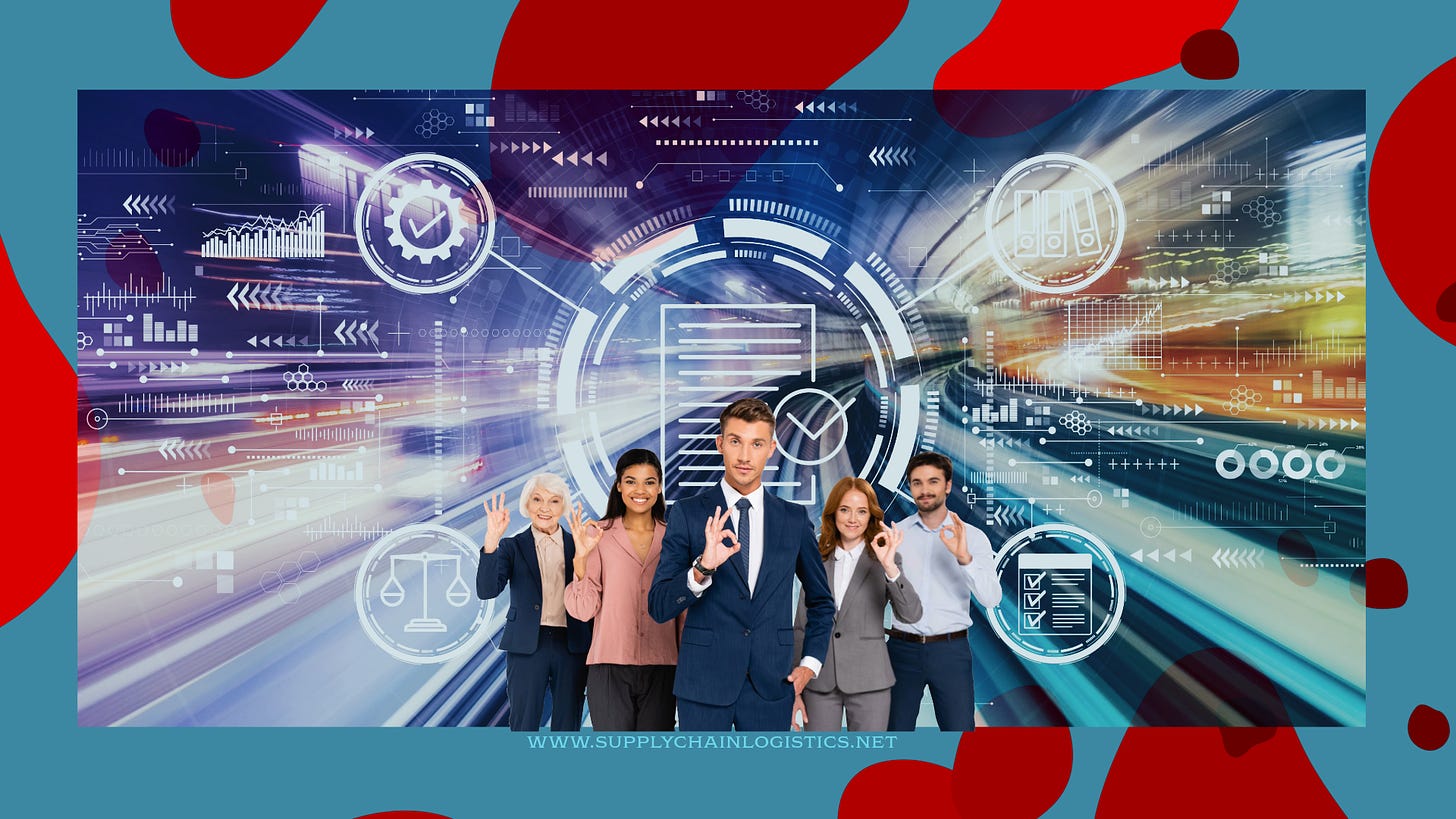
Works Cited in “Political Risk & Business”
- Fairtrade International. (n.d.). FairTrade.net. Retrieved January 30, 2022, from FairTrade International: https://www.fairtrade.net/product
- GE Foundation Maplecroft. (n.d.). United Nations Global Compact. Retrieved January 30, 2022, from Doing Business In Conflict Afflicted Areas: https://www.unglobalcompact.org/library/691
- Nations, U. (n.d.). The Global Goals for Sustainable Development. Retrieved January 30, 2022, from https://www.globalgoals.org/
- The UN Global Compact. (2006). Business Against Corruption: Implementation of the 10th United Nations Global Compact Principle against corruption. United Nations Global Compact Office & United Nations Office on Drugs and Crime (UNODC). Published by the United Nations Global Compact Office. Retrieved from issues_doc/7.7/BACbookFINAL.pdf
- United Nations. (n.d.). United Nations Global Compact. Retrieved from https://unglobalcompact.org/participation/report/cop
- Wild, J. J., Wild, K. L. (20180110). International Business, The Challenges of Globalization. (9th Edition. ed.). New York, NY, USA: [[VitalSource Bookshelf version]]. Retrieved from vbk://9780134730066.
At Supply Chain Logistics Consulting our mandate is to improve the way things are done and we would be happy to hear from you. Do you have a specific problem you are solving? A unique solution or a successful story about making a significant change?
Let us know.
Write your response in the comments or send us a message on our contact page. If we get enough responses, we will be highlighting our favorite examples in featured posts so that our readers can benefit from them as well.
Visit Supply Chain Logistics Consulting online on all our channels.
-
- 🔗Highlights 🔗 SCLCI Link-in-Bio
-
- 📩 Sign-up to Company Newsletter
-
- 🔖Follow the LinkedIn Business Page
-
- 𝕏 Connect ‘𝕏 ‘ @Pro_SupplyChain
-
- 🌎 Substack ValueChainCommunity
-
- ➡ Don’t forget to subscribe and share this Early Edition.

